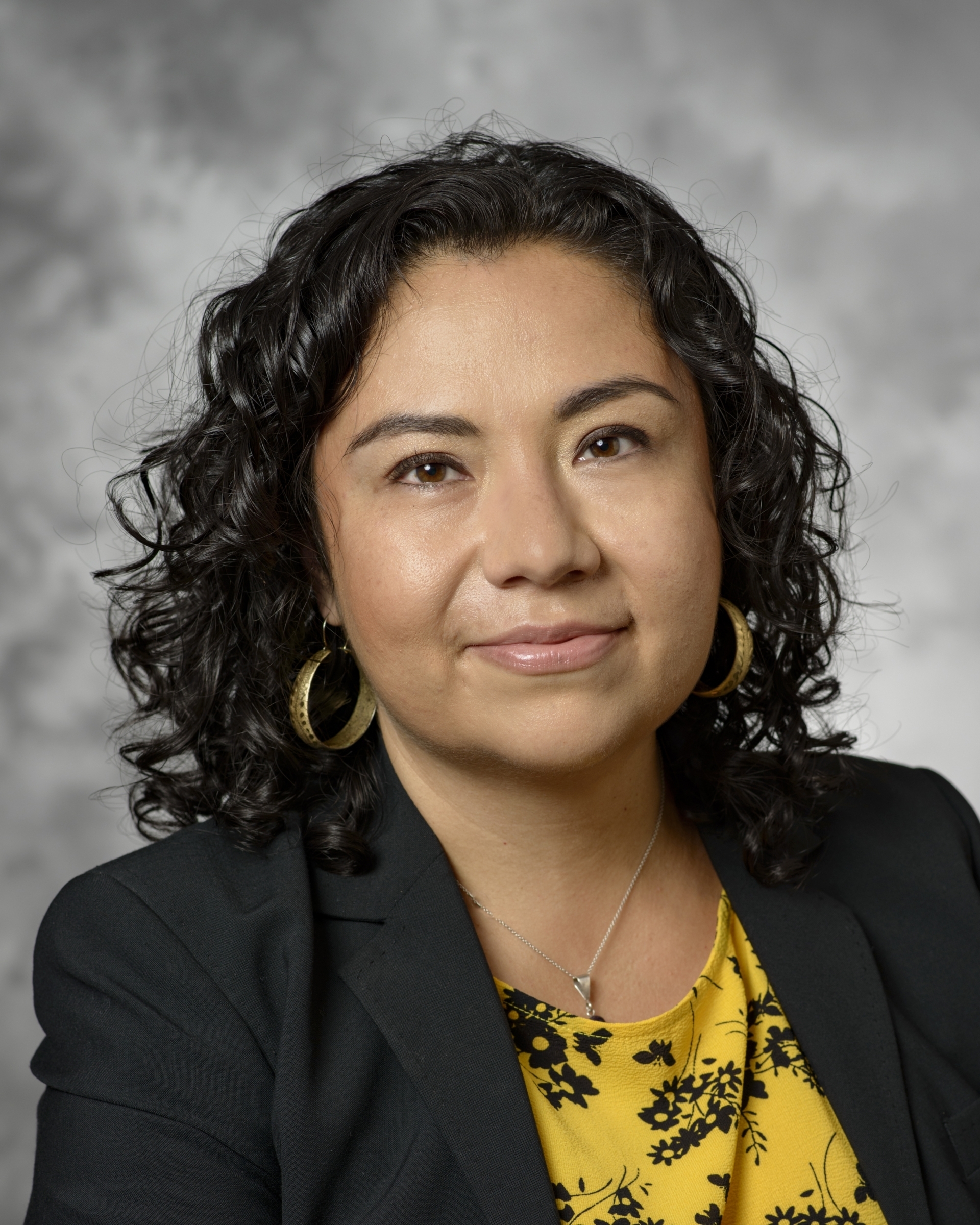How Restful Sleep Supports Mental Health: An Interview with Dr. Rodriguez Esquivel
 What are the top three health benefits of sleep?
What are the top three health benefits of sleep?
Good sleep has been associated with reduced risk of accidents, cardiovascular disease, and obesity. But, more immediately, I would say that the biggest benefit we experience from good sleep is that we tend to feel better overall when we are sleeping well. We feel more focused and productive, our mood is improved, and we don’t have that uncomfortable feeling of our eyes drooping closed at inopportune moments!
What are the top three sleep disorders?
Insomnia is by far one of the most common sleep disorders. About a quarter of all Americans will experience insomnia per year, and a quarter of those individuals will go on to have chronic insomnia. Insomnia is characterized by taking more than 30 minutes to fall asleep or spending 30 minutes or more to get back to sleep in the middle of the night at least 3 times a week over a period of 3 months.
About 25 million Americans struggle with sleep apnea, which is a disorder in which you stop breathing when you sleep. Many people who have sleep apnea may not know they have the disorder - they just know that they feel sleepy during the day and not refreshed when they wake up in the morning.
Though not technically a sleep disorder, I would say that most Americans are dealing with some degree of sleep deprivation. Work, family, and social demands, among others, often keep us from getting the amount of sleep we probably need.
How does the Behavioral Health Sleep Clinic address those sleep disorders through a behavioral health focus?
One of the most common sleep disorders we treat in the Behavioral Sleep Medicine Clinic is insomnia. Most people have heard about over the counter and prescription sleep aids, but the best treatment by far for insomnia is a type of therapy called Cognitive Behavioral Therapy for Insomnia, which we call CBTI, for short. I often tell patients that the treatment looks very different from what we typically think of as therapy, but it is grounded in the science of cognitive behavioral therapies. Within about 10 sessions, sometimes even less, we are able to teach people to get better sleep.
What should everyone know about good sleep and mental health?
Sleep is associated with improved mood and functioning, without a doubt. But improved sleep is also associated with reduced relapse into depression, anxiety, bipolar episodes, and substance use. If you are concerned about mental health, thinking about ways to improve your sleep should be part of the picture.

